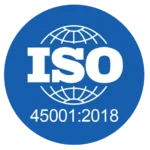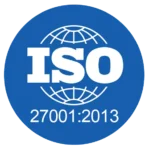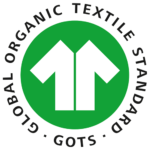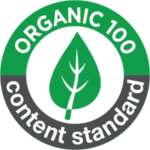What Is GRS?
Global Recycling Standard
The Global Recycling Standard (GRS) is a certification program that aims to increase the use of recycled materials in products and reduce harm caused by production.
1. Certification at each production stage, from recycling to final sale
2. Traceability through Transaction Certificates (TCs)
3. High-level environmental and social compliance
4. Responsible chemical management
5. Accurate content claims and good working conditions
GRS objectives include minimizing harmful environmental and chemical processes and ensuring ethical practices. The certification is voluntary, suitable for organizations of all sizes, and accepted in major markets. European customers and retailers increasingly demand GRS certification, and end-users are willing to pay a premium for certified products. Textile Exchange, a non-profit organization.
The benefits of GRS certification include:
- Access to the market of recycled material made products
- Meeting the criteria for new customer relationships
- Capturing the European market
- Reducing harmful impacts of production on people and the environment
- Assuring the use of recycled materials in the final product
- Driving innovation in addressing quality issues in the use of recycled materials
- Improving customer confidence
- Tracking and tracing recycled input materials
The GRS certification process involves:
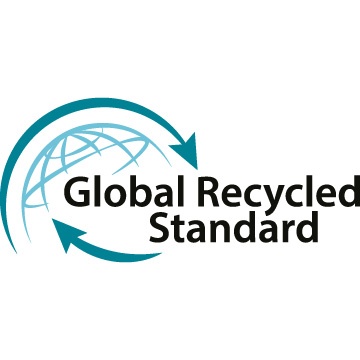
1. Gap analysis: Identifying gaps in the existing system against GRS standards
2. Documentation and implementation: Addressing gaps and implementing necessary changes
3. Supply chain verification and traceability: Ensuring transparency in the supply chain
4. Environmental and social system evaluation: Assessing compliance with environmental and social responsibility criteria
5. Employee awareness and training: Educating employees on GRS requirements
6. Statutory and regulatory compliance: Ensuring adherence to local laws and regulations
7. Audit preparation: Preparing for the certification audit with technical support
8. Certification audit: Conducting the audit with an approved certification body
The Transaction Certificate (TC) process
The Transaction Certificate (TC) process is a crucial step in ensuring the authenticity of GRS-certified products. Here’s a breakdown of the TC process:
1. Buyer requests TC: The buyer asks the certified supplier to provide a Transaction Certificate (TC) to verify the GRS certification status of a specific shipment.
2. Supplier obtains TC: The supplier requests the TC from their GRS certifier.
3. Certifier issues TC: The GRS certifier issues the TC, listing the specific products, shipment details, and buyer’s name and address, declaring the GRS certification status of the shipped goods.
The TC process ensures that the buyer receives genuine GRS-certified products, providing assurance of the product’s recycled content and sustainability claims.
The cost of GRS certification
Regarding the cost of GRS certification, it varies depending on the organization’s size, complexity, and location. It’s best to contact a certification body or a consultant like Quality Systems to get a customized quote.


